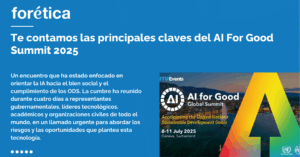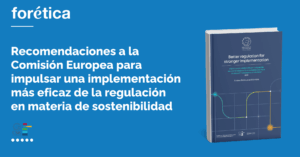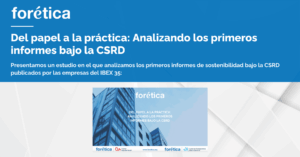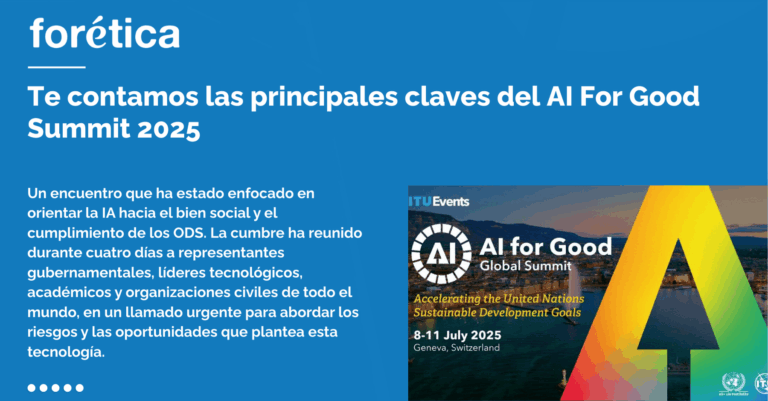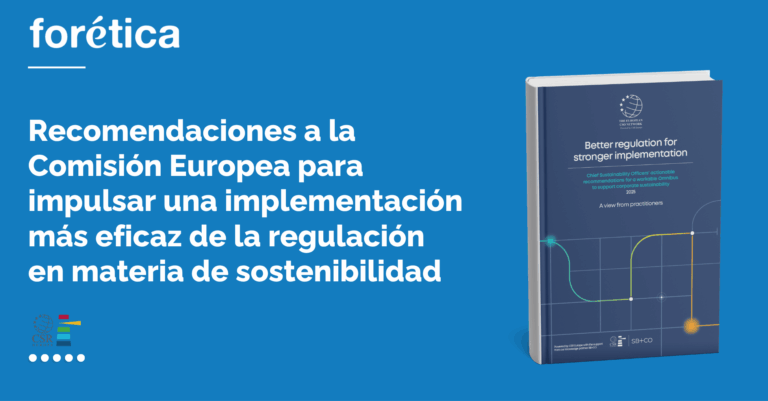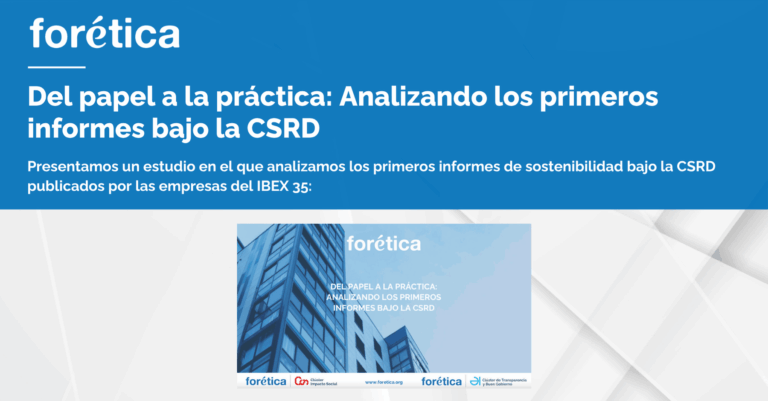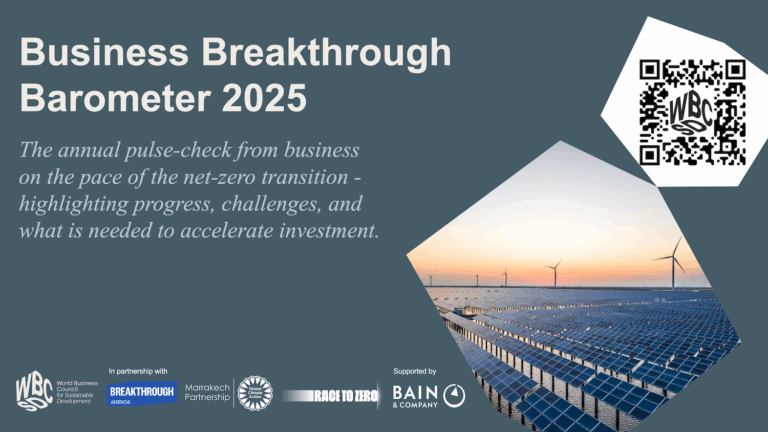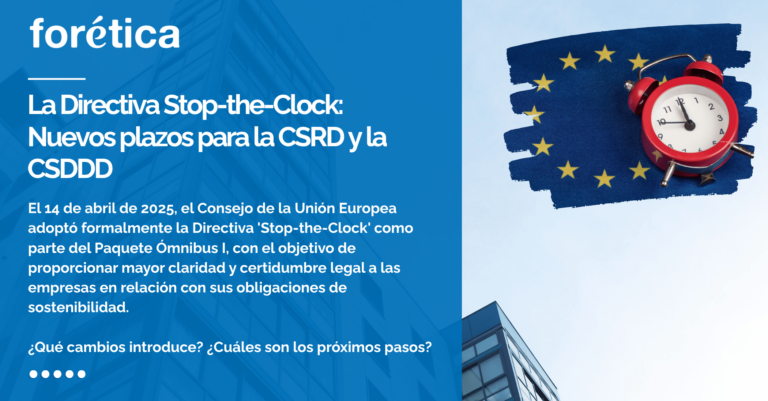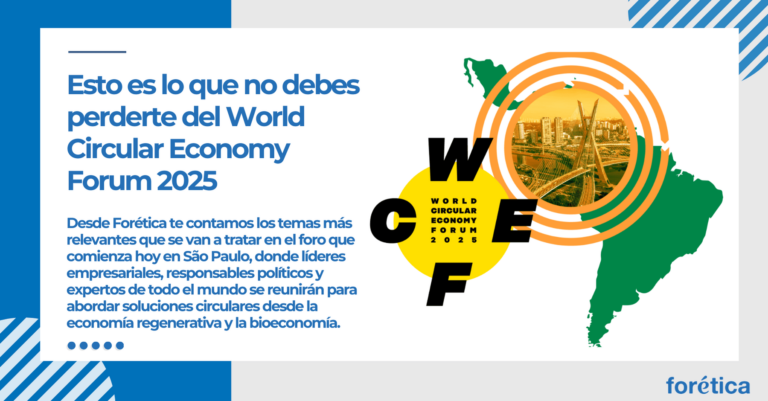Con gran acierto el Foro Económico Mundial (WEF) ha elegido la temática para su encuentro anual en Davos que tiene lugar este inicio de enero de 2017. El tema se podría traducir como «un liderazgo responsable y capaz de responder» (“Responsive and Responsible Leadership»), elevando el tono de la necesidad de una gestión ética y socialmente responsable como elemento clave tanto para el sector público como privado en el contexto actual. Del tema de fondo se desprenden 5 aspectos fundamentales para el 2017 que me permito trasladar desde el ángulo de la RSE/sostenibilidad.
- Construyendo la gobernanza para la sostenibilidad. Una vez comprendido que necesitamos una agenda mundial para resolver los aspectos globales fundamentales, en 2017 veremos un alineamiento más profundo de políticas públicas y privadas con los aspectos de sostenibilidad. Los ODS comenzarán más claramente a formar parte de la agenda estructural de algunos países y regiones. En este sentido veremos este alineamiento desde la Comisión Europea, donde se espera un avance en su Estrategia de RSE, a países alentados por las prácticas responsables exigidas por la OCDE como por ejemplo Perú, Colombia o Costa Rica e incluso ESPAÑA donde esperamos que una vez formado gobierno se debería impulsar decididamente la Estrategia Nacional de RSE. También en las empresas continuará las tendencia creciente de incluir los ODS en su estrategia. Para el buen gobierno es necesaria la transparencia en los objetivos propuestos, así como la rendición de cuentas. Estos aspectos seguirán incidiendo en el sector privado tal como sucedió el año pasado. La entrada en vigor de las exigencias de la Directiva de divulgación de información no financiera, el incremento de empresas cotizadas respondiendo de forma positiva a las recomendaciones de la CNMV, la normativa contra la elusión fiscal o el reforzamiento de los códigos de conducta y las áreas de cumplimiento formarán parte de la agenda empresarial. Por supuesto no todo serán buenas noticias. Asistiremos probablemente en 2017 a nuevos casos de empresas incapaces de adaptarse a un entorno de transparencia y buen gobierno que volverán a protagonizar casos con implicaciones negativas para todos sus grupos de interés (empleados, accionistas, administración, proveedores, medio ambiente etc.). Casos que nos deben reafirmar aún más en la necesidad de un liderazgo y una gestión responsables. Habrá incertidumbre también sobre cómo será la llegada a partir del 20 de enero de Donald Trump a la presidencia de EEUU. ¿Qué pasará por ejemplo con el reciente plan nacional para la conducta responsable de los negocios?
- Futuro del empleo y empleos con futuro. La cuarta revolución industrial ha empezado y se disparan muchos dilemas. La necesidad, por ejemplo, de crear empleo frente a la velocidad de la robotización en muchos sectores necesita una aproximación responsable. La colaboración de empresas, administración y sociedad civil resulta fundamental tanto para incrementar el empleo joven como para dotar de empleabilidad a los profesionales que necesiten adaptarse. Los datos de reducción del desempleo son alentadores y esperamos que se reduzcan más este año. Pero tienen que convivir con la adaptación también a medidas de promoción de la igualdad, gestión de la diversidad, la conciliación y, en definitiva, la calidad del empleo si queremos mejores empresas y organizaciones. Necesitaremos potenciar las habilidades y vocaciones STEM, así como potenciar la formación de expertos de RSE que no pueden quedar fuera de la evolución de las tendencias actuales o de incrementar su voz en nuevas industrias como la ciberseguridad, entre otras.
- ¿En busca del Crecimiento? En 2017 crecer no será fácil. Dejando para otro artículo la discusión sobre cuál es la mejor manera de crecer, a qué ritmo o siguiendo qué métricas, lo cierto es que 2017 seguirá consolidando un mensaje vinculado a la Sostenibilidad como elemento fundamental para la competitividad en el siglo XXI. Así lo van percibiendo cada vez más inversores tanto a nivel global como en España. ¿Quizá la zanahoria pueda ser una estrategia más influyente que el palo este año?
- Un cambio de clima. Una vez ratificado el Acuerdo de París llegó el momento de los posicionamientos y de la acción. Veremos más compromisos respecto a países en la próxima Cumbre del Clima en Bonn (de nuevo a la espera de los avances en EEUU) o la Ley de Cambio Climático en España. Las empresas líderes acelerarán sus estrategias y compromisos y seguirán los avances en cuanto al incremento de la transparencia o al establecimiento de precios internos del carbono. La velocidad de estas medidas y la involucración de una segunda oleada de empresas y de los ciudadanos a través de sus decisiones de consumo seguirá aumentando, pero necesitará de mayores estímulos.
- No dejar a nadie atrás. España se plantea este año presentar su candidatura al Consejo de Derechos Humanos, una excelente oportunidad para aprobar por fin la estrategia nacional de Empresa y DDHH. Desde la perspectiva empresarial, la gestión y medición del impacto social incrementará su importancia. Elementos de gestión responsable en la cadena de proveedores, desarrollo del voluntariado corporativo y más colaboración con ONG serán asuntos relevantes.
Desde Forética deseamos que 2017 sea un buen año para la RSE/Sostenibilidad y animo a todos a sumarse y a tomar una acción decidida. ¡Feliz 2017!
Publicado en Diario Responsable



